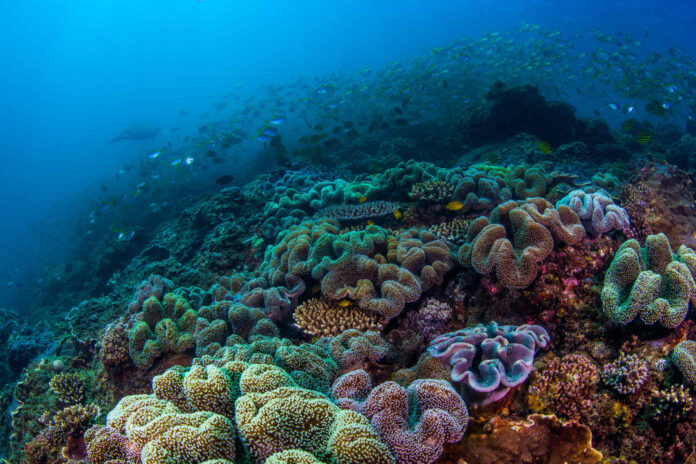An award-winning marine ecologist says reefs off the Sunshine Coast have changed dramatically in recent years and there is a renewed push to restore them.
Dr Alexandra Campbell, a senior lecturer in bioscience at the University of the Sunshine Coast, said the reefs were “special” but there was a significant loss of seaweed, which plays an important role in marine ecosystems.
“The reefs off the Sunshine Coast are really special because they’re in a tropical-temperate transition zone, the sub-tropics, so there’s an exciting mix of tropical and temperate species living on our reefs,” she said.
The reefs include the likes of Mudjimba, which is frequented by many turtles, and the Gneerings, which is home to rays and sharks.
A variety of marine life, including several species of fish, can also be found at Chardons, Currimundi, Halls, Misery, Murphys, North, Sunshine, the Hards and Wide Caloundra reefs and Jew Shoal.
“There are also nice reefs to explore off Noosa Heads,” Dr Campbell said.
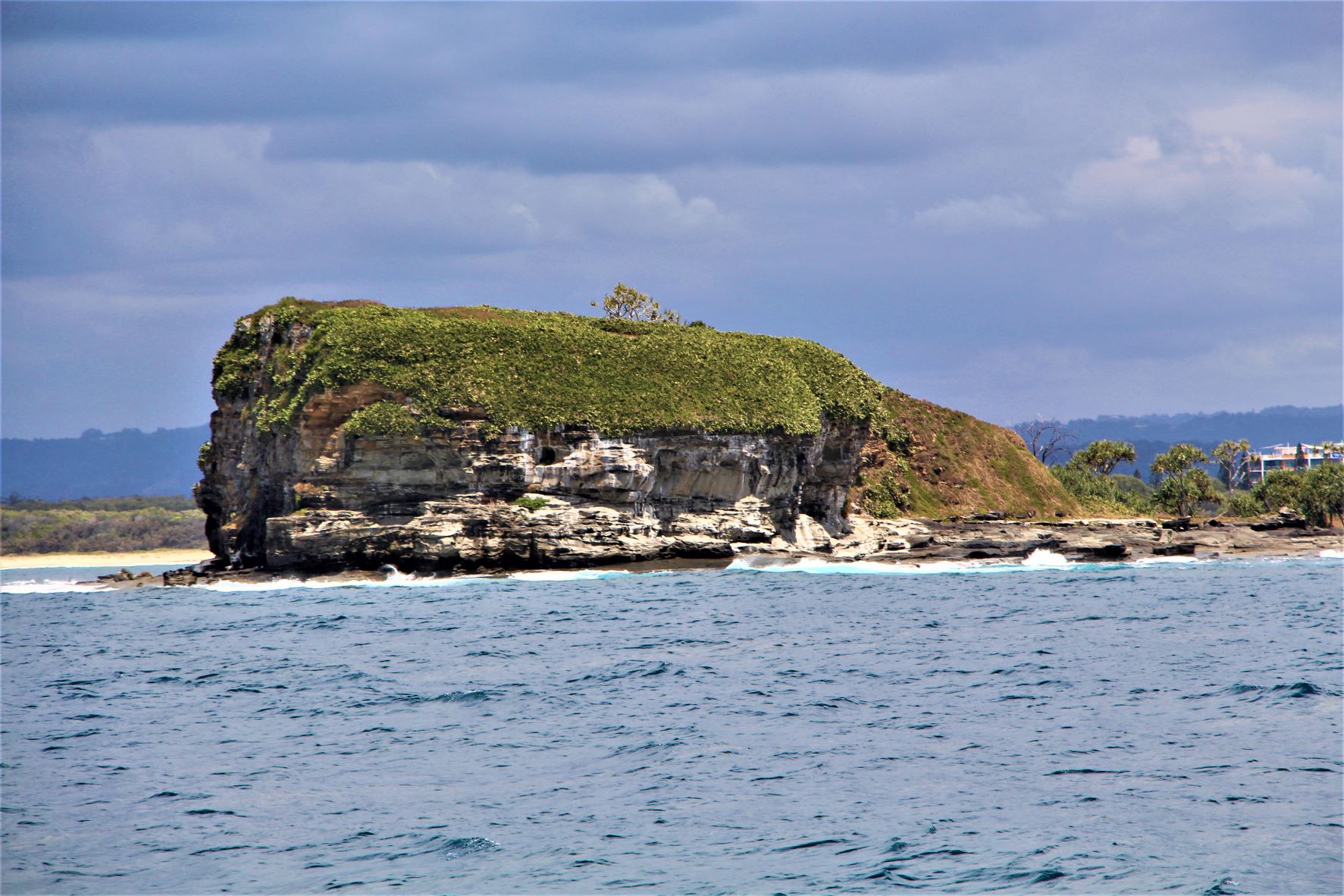
She said the areas were important eco-systems.
“They are home to some of the southern-most reef-building corals of the Great Barrier Reef,” she said.
“Our reefs are also the northern-most point in the distribution of many temperate seaweed species.
“A typical rocky reef off the Sunshine Coast is a mix of subtropical and tropical corals and tropical and temperate seaweed forests.”
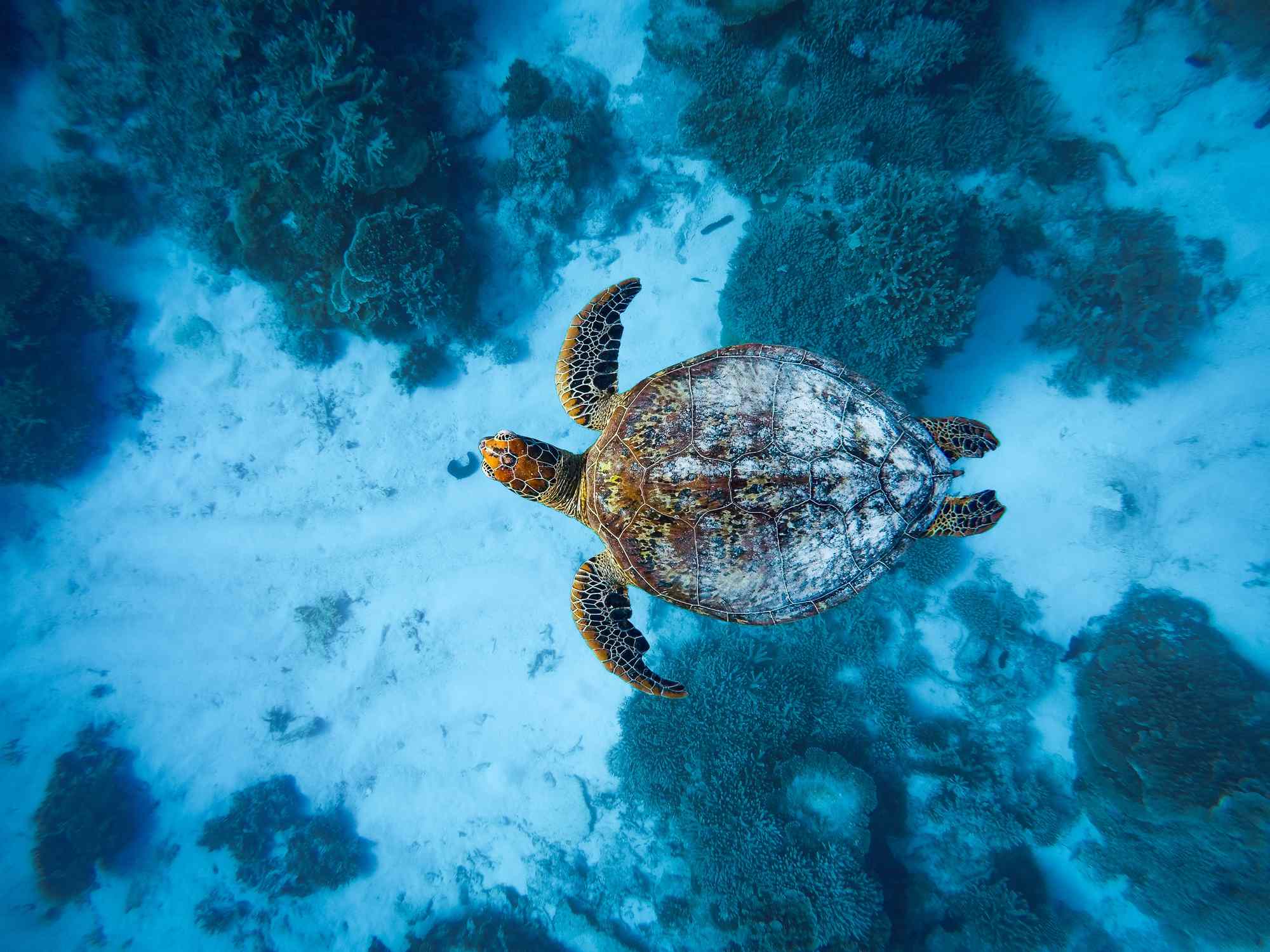
But the reefs have changed significantly in recent years.
“They show a strong signal of tropicalisation – a global phenomenon where tropical species are moving poleward as waters warm,” she said.
“Up until the 1970s, many Sunshine Coast reefs were dominated by seaweed forests, which would have created food and home for different subtropical and temperate fish and invertebrate species.
“Their disappearance was likely linked to urbanisation and ocean warming.”
It has prompted action to rejuvenate the reefs with seaweed.
The UniSC Seaweed Research Group, which includes more than 30 academics, students and technical staff, will hold a Restoration Festival on the Sunshine Coast on World Ocean Day (June 8).
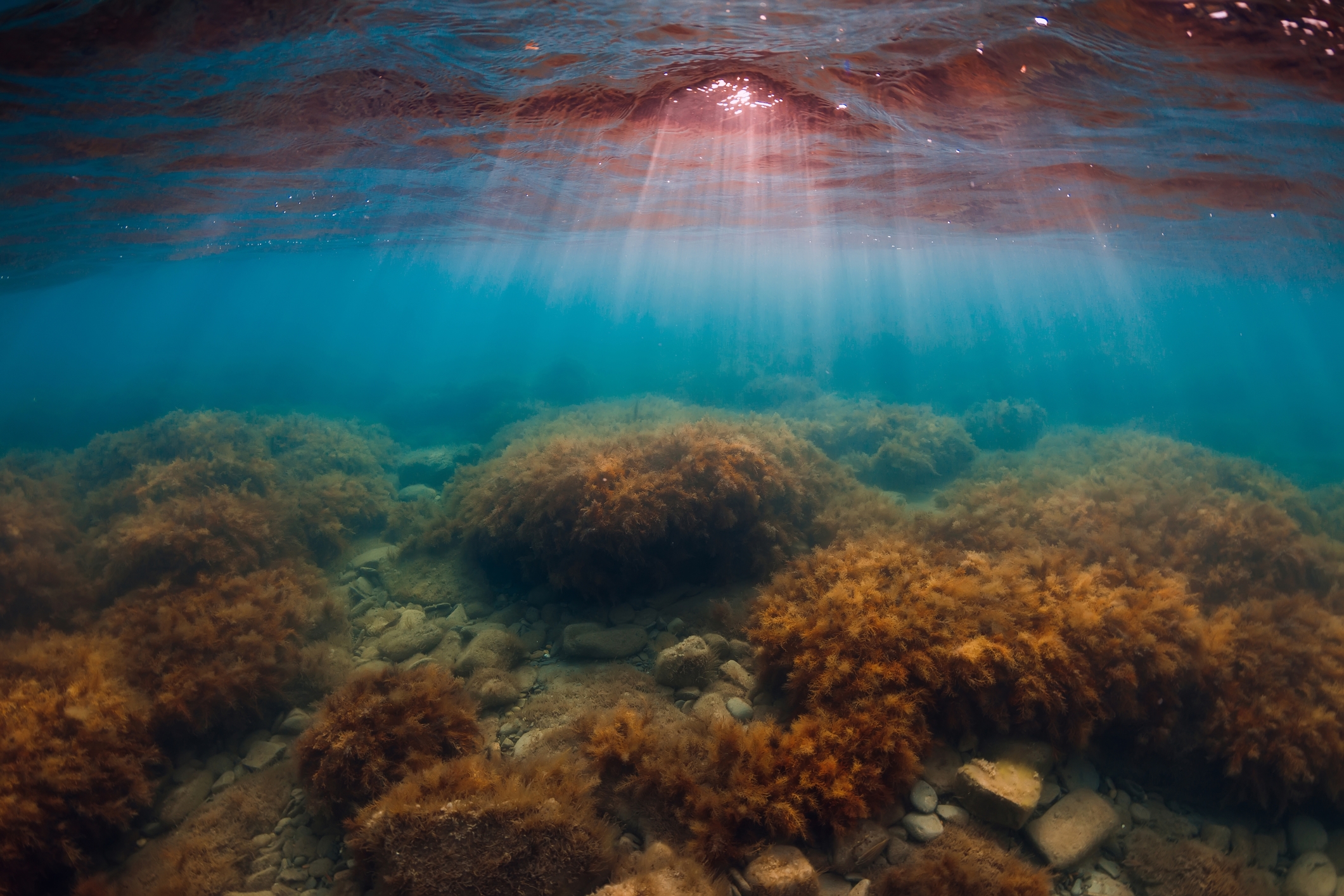
“Interested people can sign up to the Seaweed Squad – a group of citizen scientists – and help us restore some of the seaweed forests that have been lost,” Dr Campbell said.
Meanwhile, Reef Check Australia, a citizen science focused charity, conducts regular surveys of the reefs off the Sunshine Coast and collates its observations on a global database.
“This is another opportunity for citizen scientists with scuba qualifications to help understand the reefs,” Dr Campbell.
“They also release regular reports about their discoveries in our region.”
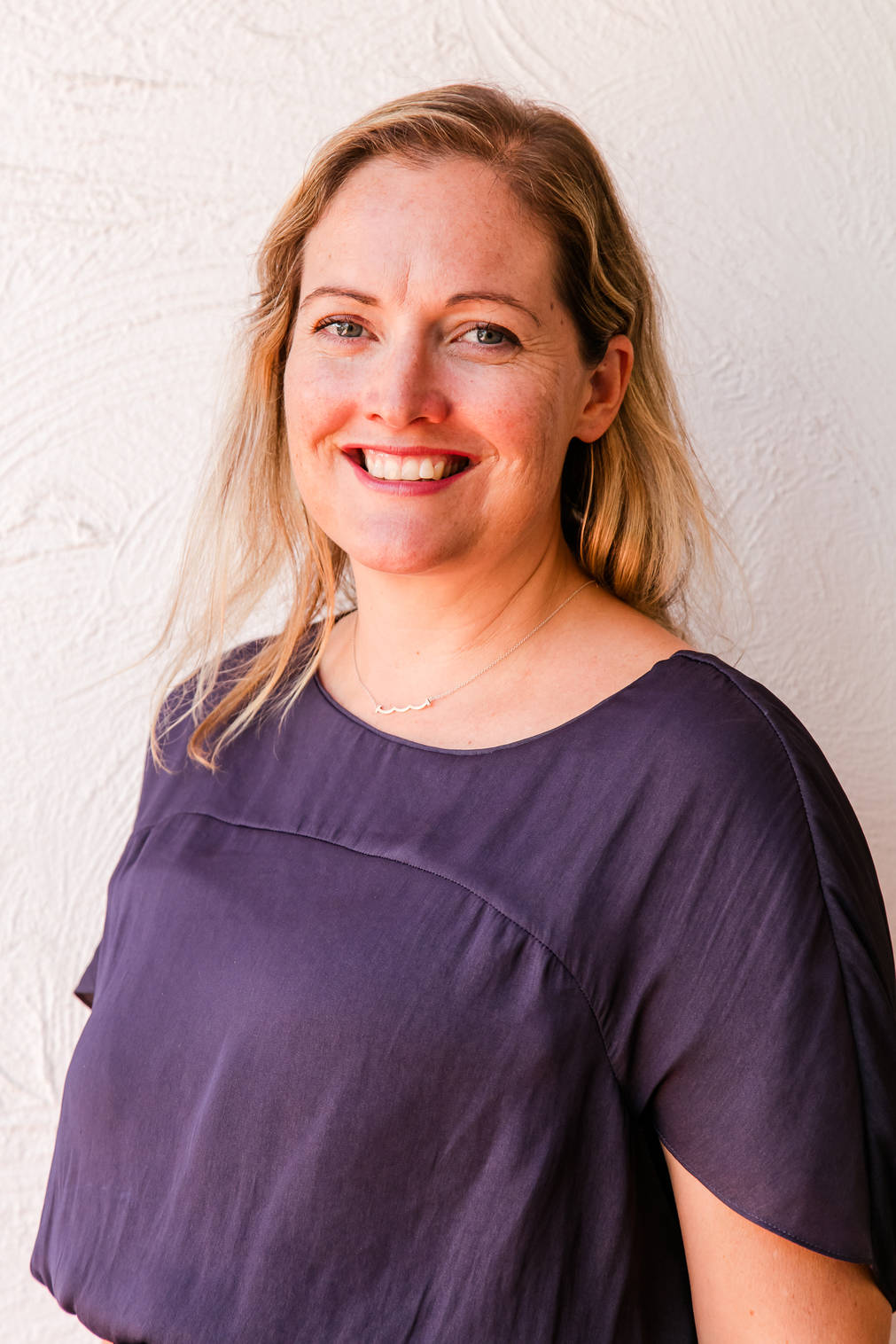
Dr Campbell said offshore fishing could also have impacts on the reefs.
“Extractive processes, including both commercial and recreational fishing, do impact the biodiversity and ecosystem function of reefs, although to my knowledge, no studies have explored this on the Sunshine Coast specifically,” she said.
“Destructive fishing processes, such as trawling, can have additional impacts by damaging habitats on the reefs.”
Dr Campbell said adaptive and site-specific management strategies were essential to ensure the sustainability of fishing activities in the region.
Local journalists supporting local people. Help keep independent and fair Sunshine Coast news coming by subscribing to our free daily news feed. All it requires is your name and email. See SUBSCRIBE at the top of this article.


